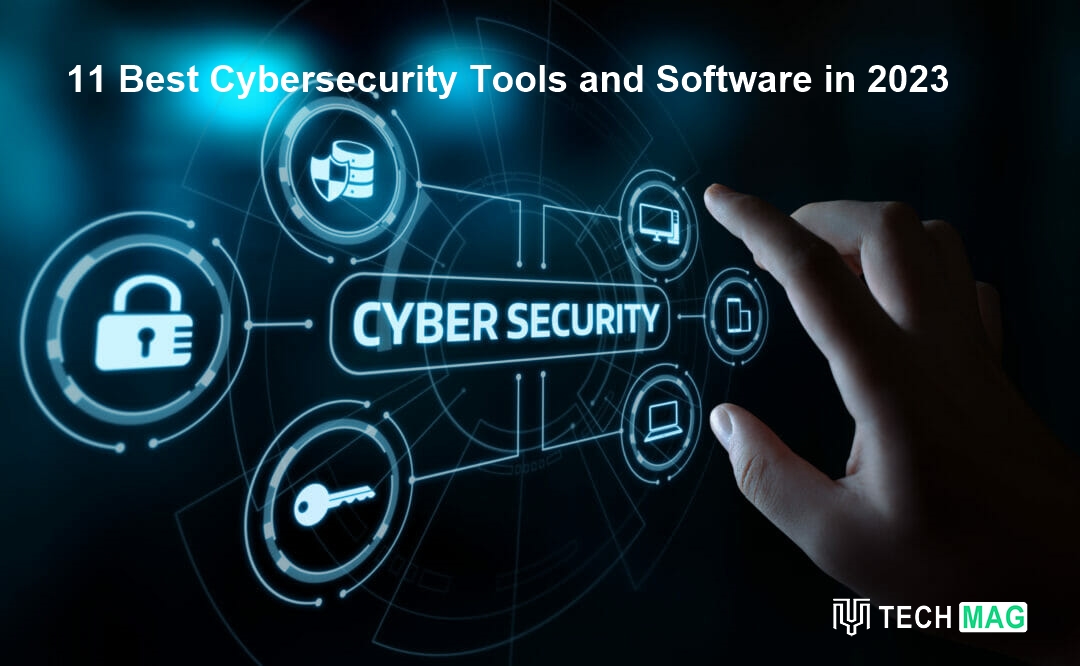Do you know the 11 Best Cybersecurity Tools and Software in 2023? As technology continues to advance and more business processes are conducted online, the threat of cyber attacks is becoming increasingly prevalent. Cybersecurity is essential to protect against these attacks and keep personal and business information safe.
One of the most effective ways to ensure strong cybersecurity is to use high-quality tools and software. In this article, we will cover the 11 best cybersecurity tools and software for 2023. These tools range from antivirus software to secure email services and can help protect against a variety of cyber threats. By investing in these tools and following best practices for cybersecurity, individuals and businesses can better safeguard themselves from potential damage.
Read More: 7 Best Cybersecurity Solutions in 2023
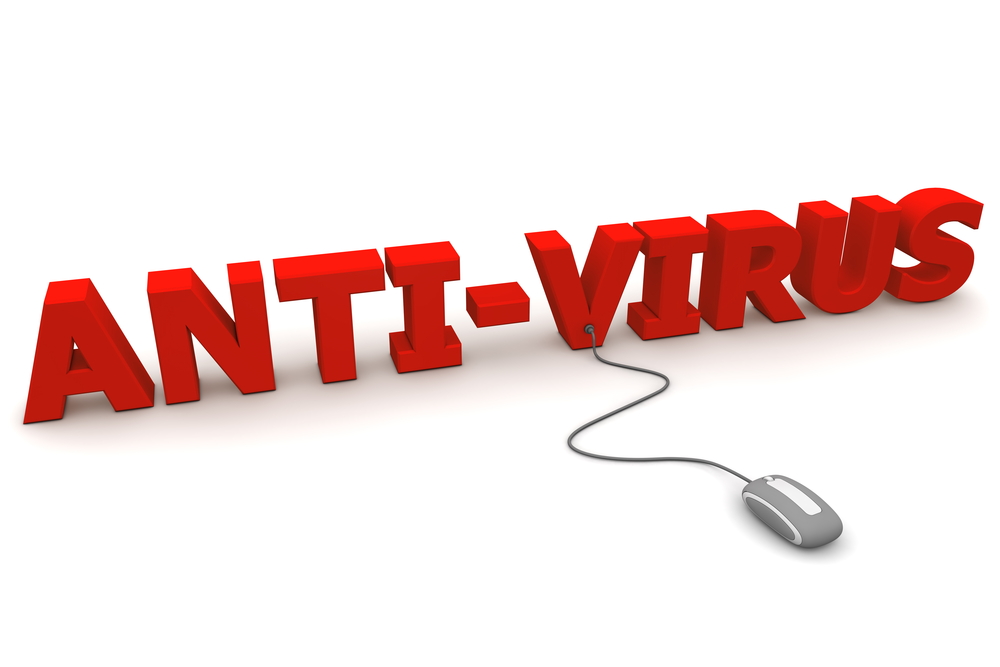
Antivirus software is one of the most basic and essential tools for protecting your computer or mobile device from malware, viruses, and other cyber threats. In 2023, some of the best antivirus software options include Norton 360 Deluxe, Kaspersky Total Security, and McAfee Total Protection. These programs offer comprehensive protection against a wide range of threats, including spyware, ransomware, and phishing attacks.
Explore the Contents
Virtual Private Networks (VPNs)
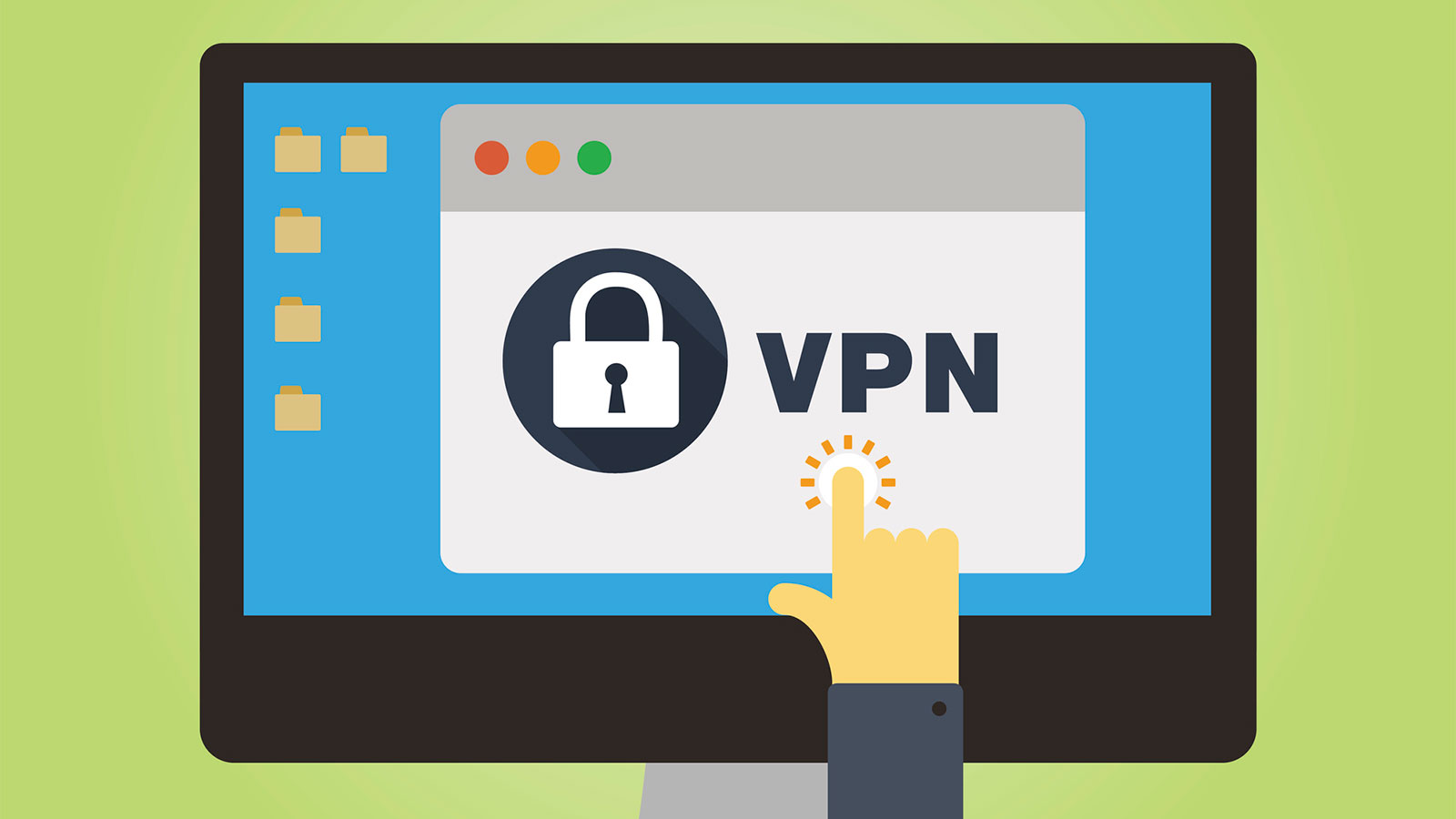
VPNs are another important tool for protecting your online privacy and security. A VPN encrypts your internet connection and routes it through a private server, making it difficult for hackers and other third parties to intercept your data. In 2023, some of the best VPNs on the market include ExpressVPN, NordVPN, and CyberGhost VPN.
Password Managers
Password managers are a convenient and secure way to manage all of your online account passwords in one place. By using a password manager, you can generate strong, unique passwords for each of your accounts and avoid the common mistake of using the same password across multiple accounts. Some of the best password managers in 2023 include 1Password, LastPass, and Dashlane.
Two-Factor Authentication (2FA)
Two-factor authentication (2FA) is another important security measure that can help protect your online accounts from unauthorized access. 2FA requires users to provide two forms of authentication, such as a password and a verification code sent to their phone, to access their accounts. Many popular online services now offer 2FA as an option, including Google, Facebook, and Twitter.
Firewall Software
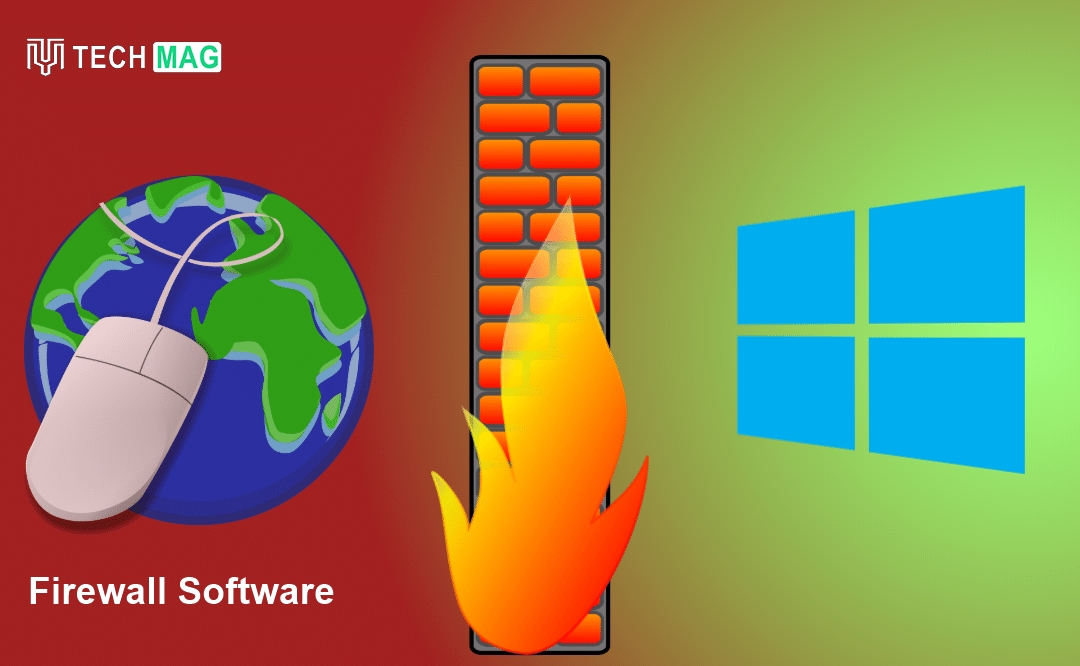
Firewall software helps protect your computer or network by monitoring and controlling incoming and outgoing traffic. Windows and Mac’s computers come with built-in firewall software, but third-party options like ZoneAlarm and Norton also offer additional features and customization options.
In addition to these tools and software options, it’s important to follow best practices for cybersecurity, such as keeping your software up-to-date, using strong passwords, and being cautious when clicking on links or downloading attachments from unknown sources.
By investing in high-quality cybersecurity tools and software and following best practices, individuals and businesses can better protect themselves against the damaging effects of cyber threats
Encryption Software
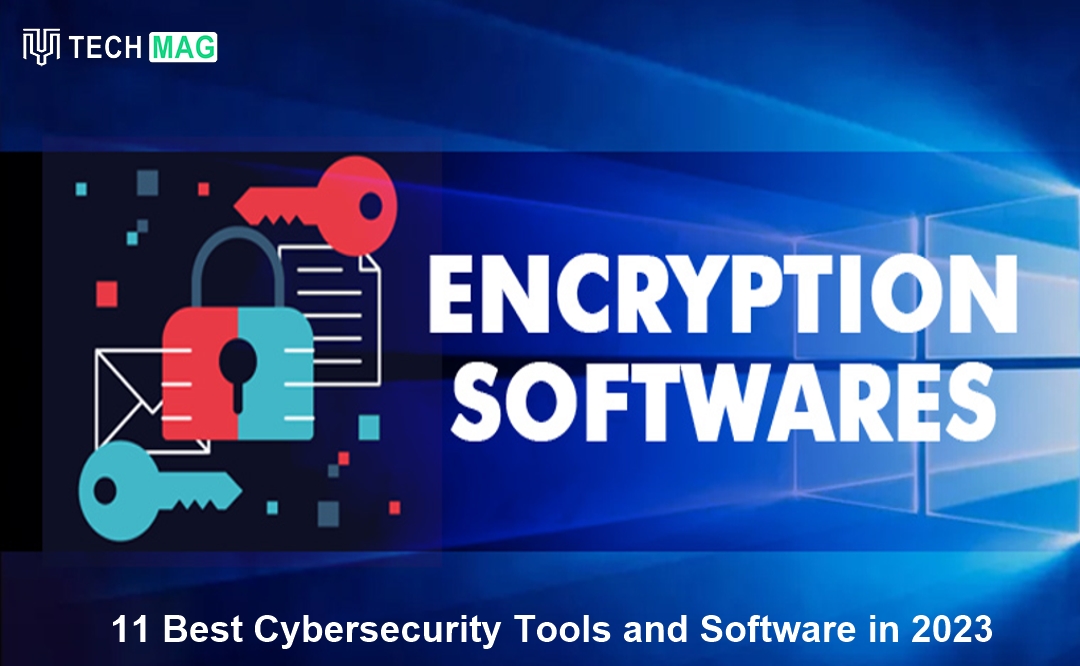
Encryption software is used to protect sensitive information by converting it into a code that can only be deciphered with a specific key or password. Some popular encryption software options include VeraCrypt and AxCrypt.
Intrusion Detection and Prevention Systems (IDPS)
Intrusion Detection and Prevention Systems (IDPS) help detect and prevent unauthorized access to computer networks. IDPS can help protect against common cyber threats such as denial-of-service attacks and viruses. Some popular IDPS options include Snort and Suricata.
Security Information and Event Management (SIEM) Systems
Security Information and Event Management (SIEM) Systems help organizations detect and respond to cyber threats in real time. SIEM systems collect and analyze data from multiple sources to provide a comprehensive view of a company’s security posture. Some popular SIEM options include IBM QRadar and Splunk.
Web Application Firewalls (WAF)
Web Application Firewalls (WAF) help protect web applications from cyber attacks by filtering and monitoring traffic. WAFs can help prevent attacks such as SQL injections and cross-site scripting (XSS). Some popular WAF options include ModSecurity and Barracuda WAF.
Security Awareness Training
Security Awareness Training helps educate employees and individuals about best practices for cybersecurity. This includes topics such as identifying phishing scams, using strong passwords, and being cautious when downloading attachments. Some popular security awareness training options include KnowBe4 and Security Mentor.
With the increasing frequency and sophistication of cyber threats, it’s important to invest in high-quality cybersecurity tools and software to protect against potential damage. By using a combination of these tools and following best practices for cybersecurity, individuals and businesses can better protect themselves from cyber-attacks.
Read More: Top 5 Benefits of Cybersecurity in 2023
Conclusion
As cyber threats continue to evolve and become more sophisticated, it’s important for businesses to prioritize cybersecurity measures. By investing in high-quality antivirus software, VPNs, password managers, 2FA, and firewall software, businesses can protect their sensitive data and minimize the risk of a cyber attack.
However, it’s important to remember that no cybersecurity measure is foolproof. It’s important to stay up-to-date on the latest threats and vulnerabilities and to continually reassess and improve your cybersecurity strategy. By following best practices and investing in the right tools and software, businesses can better protect themselves and their customers from the damaging effects of cyber attacks.
FAQs
Is free antivirus software just as good as paid antivirus software?
While some free antivirus software options can provide basic protection against malware and viruses, paid antivirus software typically offers more comprehensive protection and additional features. It’s important to do your research and choose a reputable antivirus software option that meets your needs and budget.
Can a VPN slow down my internet connection?
Yes, using a VPN can sometimes slow down your internet connection. However, many high-quality VPNs are designed to minimize the impact on your internet speed as much as possible. When choosing a VPN, look for one with fast server speeds and low latency to minimize any slowdowns.
Are password managers safe?
Password managers use strong encryption to protect your passwords and other sensitive information, making them a secure way to manage your online accounts. However, it’s important to choose a reputable password manager provider and use strong, unique passwords for your master password and other important accounts.
What is the best way to protect my business from cyber threats?
In addition to using antivirus software, VPNs, password managers, 2FA, and firewall software, there are several other best practices businesses can follow to protect themselves from cyber threats. These include conducting regular security audits, training employees on cybersecurity best practices, and staying up-to-date on the latest threats and vulnerabilities.
What should I do if my computer or network is hacked?
If you suspect that your computer or network has been hacked, it’s important to take immediate action. Disconnect your device from the internet and run a full virus scan using your antivirus software. Change your passwords for all of your accounts, and consider enlisting the help of a cybersecurity professional to assess the damage and prevent future attacks.

